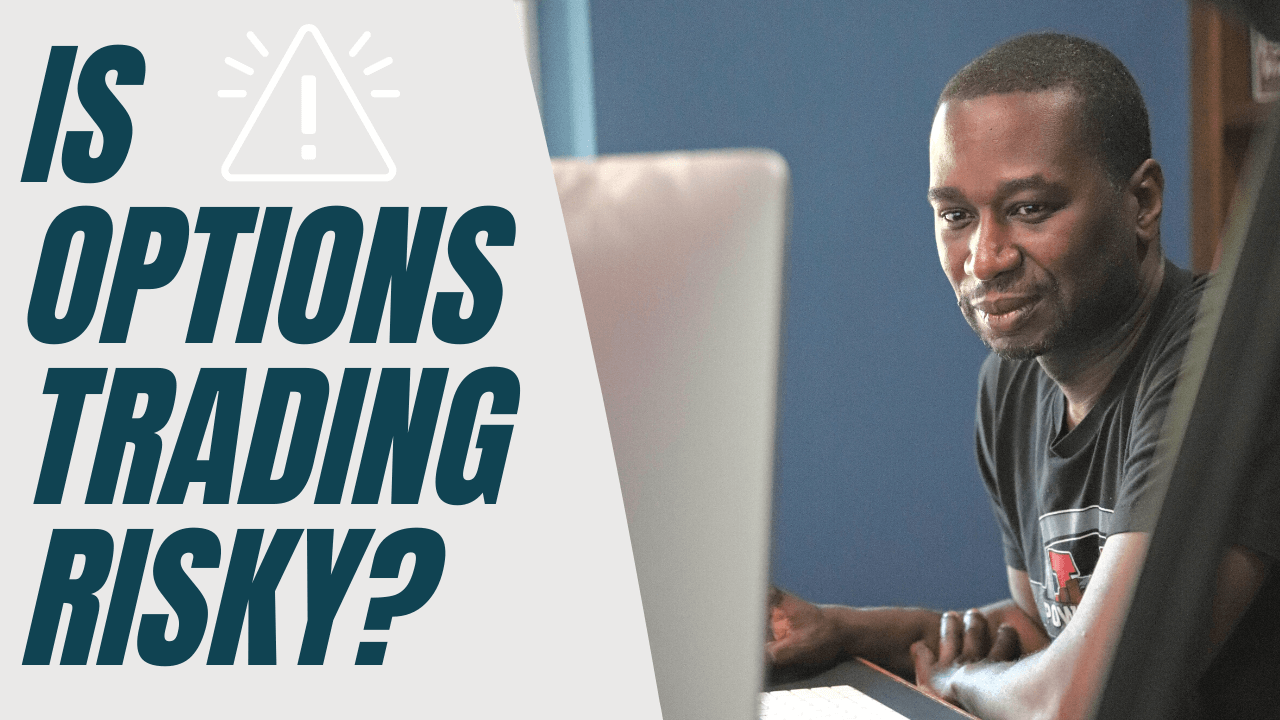Let's Talk Options
In September 2022, I went down to Orlando, Florida to attend FinCon 2022.
While I was there, I sat down with Money Life with Chuck Jaffe to talk options trading and what people may not know about it.
Listen to the interview below.
Interview with Jason starts at 6mins, 7 seconds.
What's Our Secret?
Some feedback I've received from our members and YouTube subscribers is generally along the lines of:
"I watched 10 different videos and finally understood it once I got to yours."
When I was studying the industry, I had to figure these things out too. Once I did, I asked myself, "why didn't they explain it like this?"
I had to take what they were saying and transcribe it so it made sense to me.
At Power Trades University, we tell you how it works for a normal, every day person in a way that is easy to understand.
Is It Risky To Trade Options?
A lot of people think options trading is risky, but NOT knowing how to use options is risky.
If you buy stocks, you can only make money IF it goes higher - we all know the saying, "buy low, sell high".
But we also know the market moves three ways: up, down, and sideways.
If you don't know how to make money when it goes sideways or down, you only have a one in three chance of making money.
33% chance of being successful, why wouldn't you want to use the other 67% in your favor?
But Options Trading Is Like Gambling... Right?
I'm here to demystify the myth that trading is gambling and options trading is even more like gambling.
It's all about how you use them.
One method is you can buy stock at a discount using covered puts.
Say you wanted to buy Coca-Cola stock, and it's currently $100. You can "sell" a covered put at that $100 price.
To put it simply, you are offering to purchase the shares from someone at this specific price. When making this offer, you will get a premium (in this example, we will say $3).
You'll get $3 right off the bat. If the Coca-Cola stock is above $100, you don't have to buy the stock and you get to keep the $3 you originally made.
If the stock goes below $100, you'll then purchase the stock at a discounted price, along with the $3 you already made.
So What's The Difference?
If you bought the stock at $100 and it fell to $90, then you'd be down $10.
If you bought a covered put and had to buy the stock for $97, you're still getting it at a better price than the person that bought it at $100.
On the other hand, if you own 100 shares of a company, you can sell a covered call against your shares.
In a covered call strategy, you place your shares up for purchase and someone pays you a premium to buy at that price.
So, say you own the stock at $100, you can then "sell" a $110 covered call.
At the expiration date, if the stock is above $110, you keep the premium, and the stock is purchased from you at $110 - giving you $10 in profit.
If the stock is below $110, you keep your stock but you also get to keep the premium. We call this strategy "rental income".
Changing The Options Mindset
We have to break the myth of how options work. Some people have never heard of them or all they hear is how risky they are.
They don't realize their money or stocks they own could be working hard for them. We want to educate our members on how to use these strategies because many people don't understand how they work.
There's a whole world waiting to be unlocked once you learn the strategies.
Where Can You Learn More?
If you are interested in learning more about options trading and how to use these different strategies:
Check out our Options Explained course at Power Trades University.
